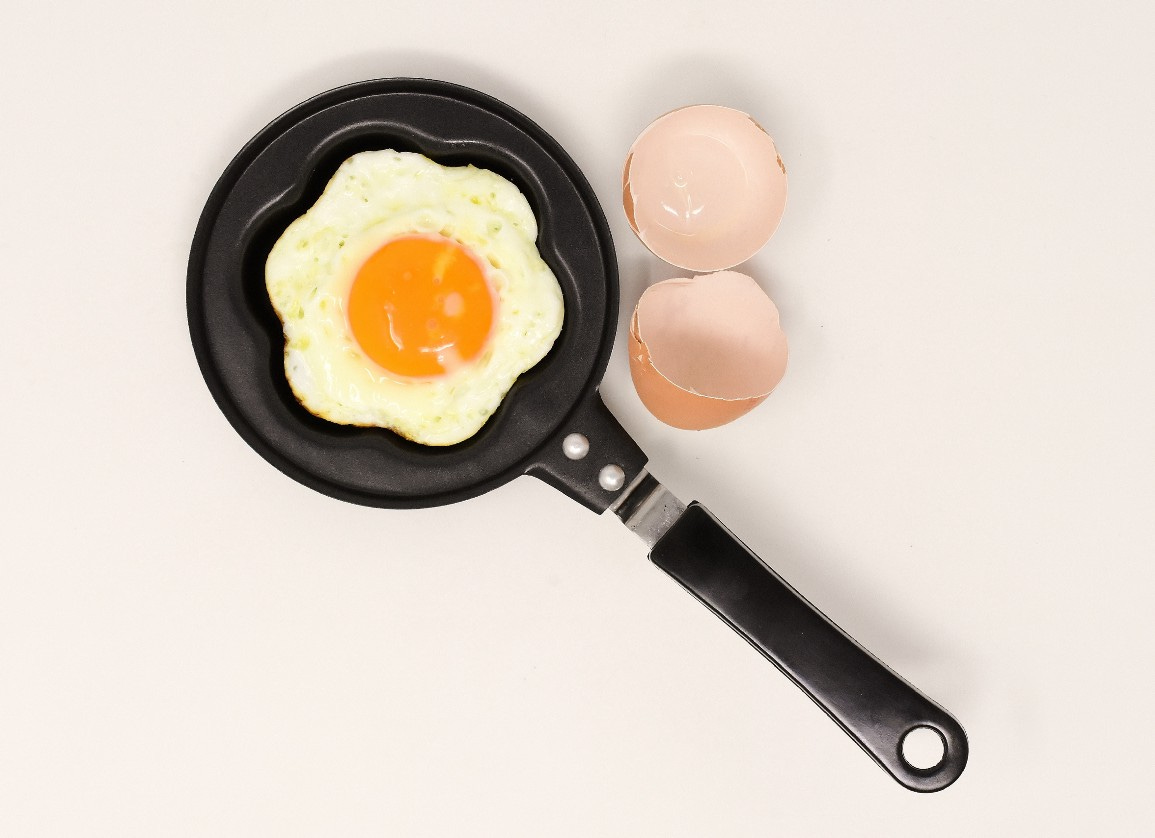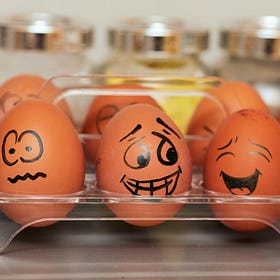It Isn't Really Just The Cholesterol That Contributes To Heart Disease.
What cholesterol really is and what it isn't.
The cholesterol molecule is something that we have a problem with.
On the one hand, it’s supposed to be good for us. As it is said on Medline,
Cholesterol is a waxy, fat-like substance that's found in all the cells in your body. Your body needs some cholesterol to make hormones, vitamin D, and substances that help you digest foods.
We definitely do need to have a good supply of that to support healthy cell functions, because it is also said in this article that
In cells, cholesterol functions as an essential structural membrane component, and the metabolites of cholesterol have important biological roles as signal transducers and solubilizers of other lipids.
However, once the doctors do diagnose us with the symptom of high blood cholesterol, things change significantly. That blood test is all it needs for us to be prescribed a whole cocktail of medications to keep that symptom under control, in the hope that it doesn’t proceed further into heart disease, together with a few myths that are already well propagated and well known to society these days.
Unfortunately, the whole cycle of cholesterol synthesis and excretion isn’t very well explained. It’s easy to buy into those myths if one doesn’t understand the cycle:
Cholesterol - Does It Spell Doom Or Is It Even Remotely Useful To The Human Body?
Cholesterol is one of those words that people dread discussing as they grow older. Beyond the obvious implications of heart attacks or strokes, the whole issue behind that C word starts at the doctor’s office.
So let’s look at 3 of these myths that are commonly associated with cholesterol.
LDL is “bad” cholesterol, HDL is “good” cholesterol
Cholesterol is a fatty substance that is necessary for the synthesis of new cells. However, it cannot go directly from the liver to the cell via the blood, because fat and water don’t mix.
Ever seen how oil always floats on water in 2 separate layers? We call them “immiscible” because they don’t mix. Oil always floats on water because of its lower density.
Therefore, a lipoprotein has to bag up these cholesterol particles, enter the blood and travel through the blood to be the cholesterol mailman. It delivers the cholesterol particles to where they should go.
Want to hazard a guess on the lipoprotein’s density when it is packed full of cholesterol particles, then?
It would be lower than the density of the blood.
Whereas a lipoprotein that has delivered most of its cargo would be of a higher density.
Therefore we have low density lipoproteins (LDL) and high density lipoproteins (HDL).
Someone who is experiencing a suboptimal faecal movement would inadvertently reabsorb more cholesterol from their gut back into the blood, and that’s going to be packed into more of these lipoproteins, which do have a finite population. It would then be inevitable that the density of these lipoproteins get reduced over time, so there would be more LDL in the blood, wouldn’t there?
And when a doctor does the blood test for high cholesterol, they would then zoom in on the numbers related to LDL and HDL, wouldn’t they?
Having a well-functioning digestive system is beneficial for supporting the elimination of cholesterol from the body.
Eggs (or any other food) cause high cholesterol
I believe very few of us have actually not heard of this statement.
Keep reading with a 7-day free trial
Subscribe to The Biochemistry Of Human Health to keep reading this post and get 7 days of free access to the full post archives.



